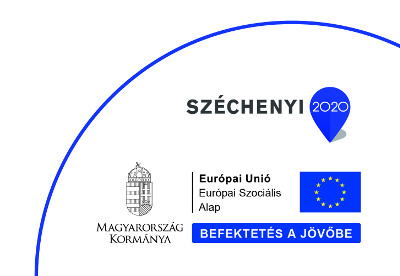A Szegedi Tudományegyetem Bölcsészettudományi Karának
Neveléstudományi Intézete és Neveléstudományi Doktori Iskolája,
az MTA SZAB Neveléstudományi és Pszichológiai Szakbizottsága
"XIII. Pedagógiai Értékelési Konferencia - PÉK 2015"
címmel
2015. április 23-25-én tudományos konferenciát szervez
a József Attila Tanulmányi és Információs Központban
(6722 Szeged, Ady tér 10.).
A konferencián elsősorban pedagógiai értékeléshez kapcsolódó empirikus kutatások, innovatív értékelési módszerek, a pedagógiai értékelést a közoktatásban vagy a felsőoktatásban alkalmazó vizsgálatok, pedagógiai kísérletek, innovatív oktatási módszerek, illetve azok eredményei mutathatók be, továbbá e területekhez kapcsolódó elméleti előadások prezentálhatók.
A konferenciát a TÁMOP 3.1.9-11/1-2012-0001 azonosító jelű "Diagnosztikus mérések fejlesztése" című pályázat keretében az Európai Unió támogatja.

Szeged

